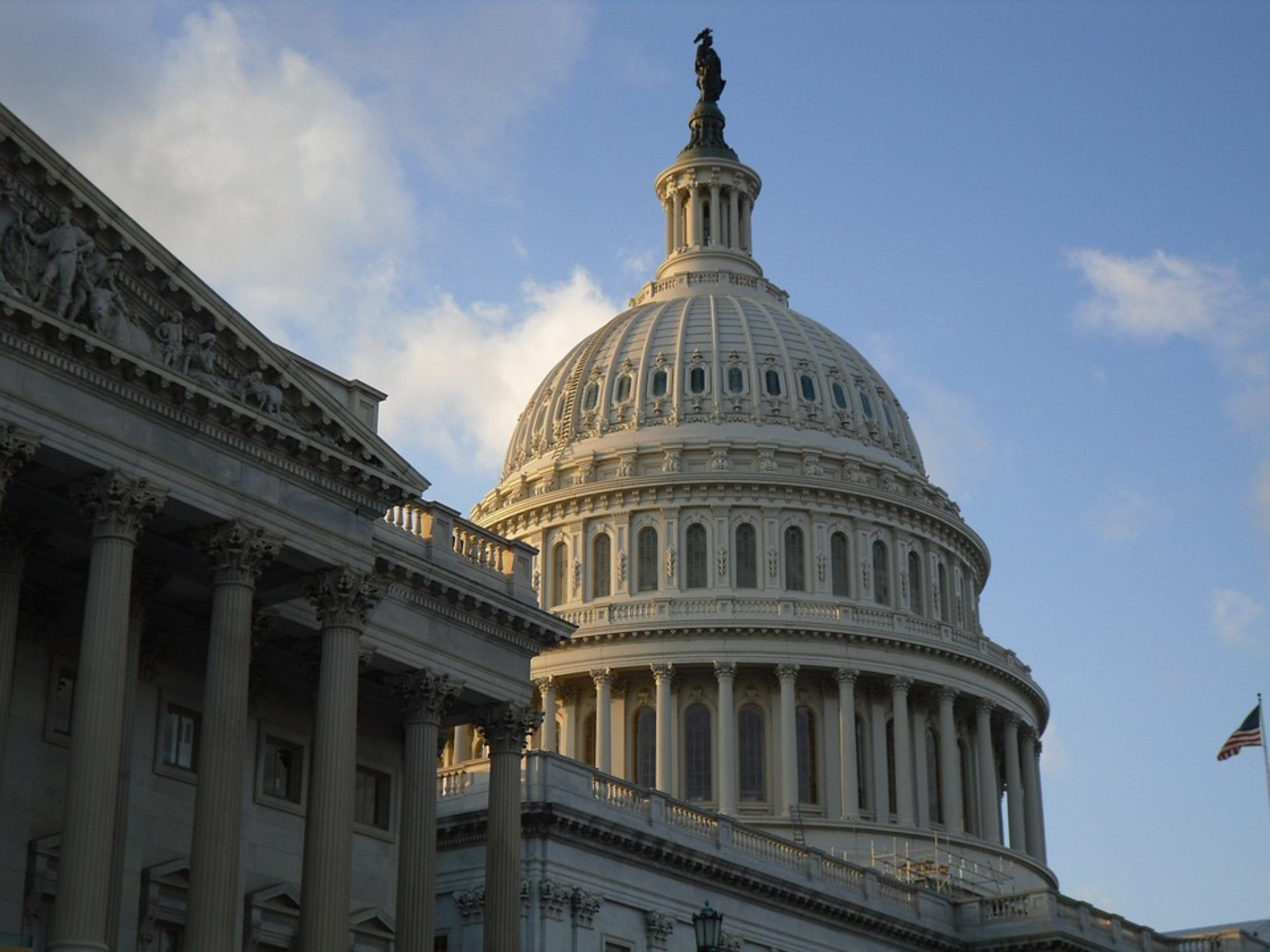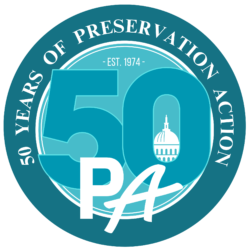When it comes to writing a letter to your elected officials in Washington, you have two choices; mail or email. There are pros and cons to both. Given the amount of emails our legislators receive in a day, a printed letter certainly has impact. However, all mail coming to their offices in Washington must first be irradiated, meaning there is a substantial delay, sometimes weeks, in delivery. Therefore, we recommend sending email. Or, if you are set on sending a printed letter, we recommend sending it to their district office and sending an email copy their office in Washington.
Remember these Letterwriting Tips
1
Be Brief
Try to keep your letter to one page, or your email to approximately four short paragraphs. Virtually all communications are viewed first by staff and, given the volume, if they find something too cumbersome, they are more likely to put it aside.
2
Be Professional and Courteous
Even if you intensely disagree with the politics of your elected official, keep the communication respectful. You never know where you might find mutual agreement on an issue, so don’t burn bridges by sending a nasty gram. Express disappointment in a calm, professional way and always include what reasonable action would be necessary or helpful to win back your support.
3
Personalize…within Reason
If you are sending a printed letter, or an email attachment, your return address will help to establish the fact you are a constituent. Feel free to add a sentence about yourself relevant to the issue on which you are writing; this helps make it real. But do avoid providing a biography, this will make your letter too long.
4
Focus on one issue per Letter
In order to keep a vast number of issues straight, staff must be able to decidedly determine what issue you are writing about. If you have more than one issue, send separate communications so your feedback can be effectively categorized.
5
Be Specific
There is nothing worse than reading through a constituent letter only to have to ask the question, What is it they want me to do? Or, if you are too general, and say please support the Historic Preservation Fund, you give legislators wide latitude to interpret what it is you mean. Give them a dollar amount, or give them a Bill Number to support; this will make it easier to track their response and hold them accountable.
6
Follow Up
Often the first line of defense of a busy legislator is to send a standardized reply, thanking you for your letter simply saying they support Historic Preservation and overlooking your ask. Take the time to patiently tell them you appreciate their reply, but respectfully ask them to address your specific concern. Most people will ignore this step – your persistence, therefore, is more likely to yield a specific response. And your second communication will emphasize the importance of the issue.
Tips for Mailing and Emailing your Letters
If sending to Washington by mail, address your letter to:
United States Senate
Washington, DC 20510
Dear Senator (Last Name):
The Honorable (Full Name) US House of Representatives
Washington, DC 20515
Dear Congressman/Congresswoman (Last Name):
If sending your letter by email:
1
Call their office to ask who to direct a letter concerning Historic Preservation Issues to, and get their email address. If you are unable to get any direct email contact information, skip to step three.
2
Attach your letter to an email to the appropriate staff member, explaining in a sentence or two that it is a letter to your legislator asking him/her to take a specific action on something. Send as a .doc or .pdf document.
3
Also send your letter directly through your legislator’s web form email system. You can not add attachments, so you will have to copy and paste the text.
Example Advocacy Letter
John Preservationist
123 Main Street, Anytown, DC 12345-3452
(123) 555-1234
jpreservationist@preservationaction.org
July 4, 2013
The Honorable Jane Legislator
U.S. House of Representatives
Washington, DC 20515
Dear Congresswoman Legislator:
As a resident of the Jones Landing Historic District, I am writing to ask that you help us generate economic development, stimulate job creation and help to preserve the national heritage in our community by supporting $70 million in funding for the Historic Preservation Fund (HPF), a line item in the National Park Service budget, for fiscal year 2012. This request represents a 10 percent reduction from the FY08 enacted amounts for these preservation programs.
Of this total request, I would like you to support $50 million for State Historic Preservation Officers (SHPOs), $11 million for Tribal Historic Preservation Officers (THPOs), and the remaining $9 Million for the Save America’s Treasures (SAT) and Preserve America (PA) grant programs.
SHPOs and THPOs are responsible for carrying out substantial components of the National Historic Preservation Act, which provides the tools needed to revitalize, rehabilitate, and protect the places that give meaning not only to Jones Landing, but to America. SAT, the nation’s only bricks-and-mortar preservation grant program, and PA have helped to save America’s most significant places. In our town, a SAT grant is what helped to save the historic Lincoln Hotel – which not only has revitalized Main Street, but has brought in $12 million in investment. You may recall that you attended the ribbon cutting last year.
Funding these essential historic preservation programs represents a true investment in America’s legacy multiplied many times over through public-private economic partnerships and ventures. Most importantly, it creates much needed jobs and ensures the protection of our national historic resources.
Sincerely,
John Preservationist

